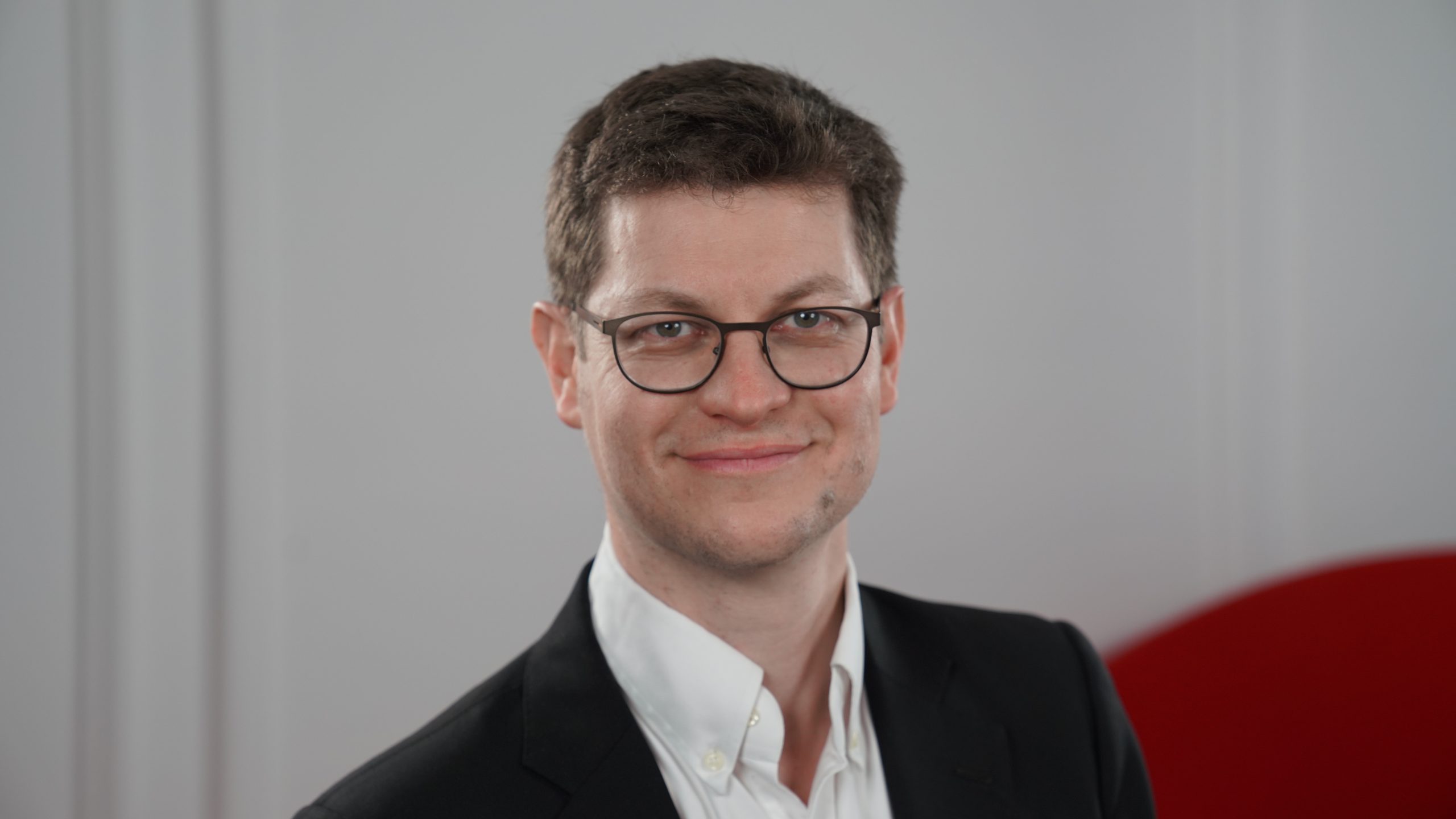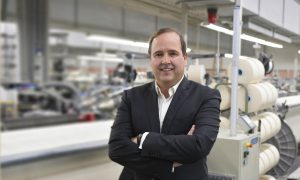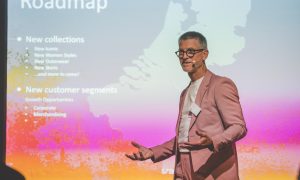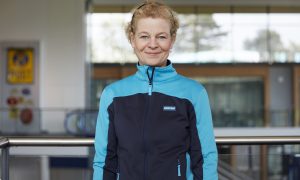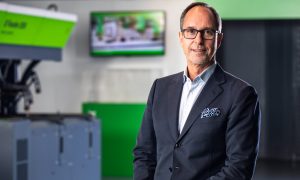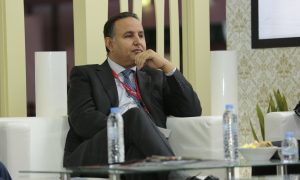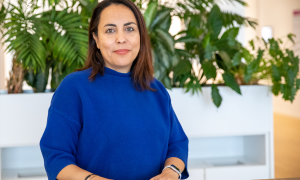As a global specialist in manufacturing coated textiles, Cotting Group is celebrating 75 years in business and plans to continue for many more years.
First things first: what exactly are coated textiles and what are they used for?
Coated textiles have been treated to make them stronger, more weather resistant, and longer lasting. As opposed to interweaving a bolstering fibre directly into the fabric, these fabrics are coated so that they’re impervious to damage. They are coated in substances like PVC, plasticisers, pigments, and varnish and are used in a wide range of industries, from transportation to protection clothes, and healthcare to furniture.
Cotting Group, part of the Swedish group DUROC AB since 2019, is a marriage between French company Griffine and Belgium’s Plastibert. Benoit Boulet was appointed CEO just under a year ago following a shareholder change.
“I was hired as CEO in June last year,” he says. “I view Cotting like a rough diamond – there’s huge potential and we’re in a very strong position, despite the pandemic, but we can go much further. We make high quality products in Europe, which is important for our customers and our supply chain. There’s room for improvement, especially in areas such as digitalisation, sustainability, innovation, and operational excellence, which is why I’ve been hired, to grow Cotting both organically and through acquisitions.”
Benoit explains that because Plastibert is well diversified “in terms of sector” it has not been badly affected by the pandemic. In fact, the coated textiles specialist is now producing a higher volume than before as it provides hospitals and the medical industry. Griffine, on the other hand, has had a harder time – it supplies the automotive industry with textiles – however, the CEO says “we are almost back to a normal situation having weathered the worst of the crisis.”
The group is involved in a number of industries, which is one reason why Benoit chose to move on from his previous role as MD of SPB Services, a subsidiary of SPB Group. He successfully managed the company and was largely responsible for a healthy turnover of €82 million, but the time was right for a new challenge when his new employers came knocking.
“I love working for Cotting because we are an incredibly diverse organisation,” he says. “We manufacture coated textiles, which is a very exciting product because they are used in so many industries, both industrial and artisanal. Cotting operates in five main industries: automotive and transport; contract – theatres, hotels, offices, and restaurants; healthcare and protection; manufacturing and leather goods; and last but not least, nautical. Each of these markets has a huge potential. The coated textile market has grown by 4% per year over the past 10 years and will continue to do so for the next five years, not taking the COVID effect into account. So, we are in a long-term growth market and we always plan to work with our suppliers for the long-term as well. Each supplier is important to the business but we have 15 or so that are vital.”
One of the main aspects he has focused on since arriving at the company is clarifying the strategy for its targeted markets. Benoit has spearheaded a real transformation in both company culture and operations by implementing a new customer-centric sales team. He says that everyone working in the organisation has the ability to improve and he wants to give them the chance to shine.
Cotting is also working on reducing its environmental footprint. The commitments made in the company’s Common Reporting Standard (CRS) approach are centred on health and the environment because “these two values go hand in hand.” The company is striving to be a pioneer in protecting the environment and takes this imperative into account at all stages of production. For example, in 2002 it started replacing solvent-based systems for aqueous ones, which it completed in 2018. Over the last few years, the group has also cut its emissions eightfold and developed solutions to recycle more than 90% of its industrial waste. The company’s production sites are equipped with incinerators that filter emissions before they are released into the atmosphere.
“Last year we started recycling our varnishes and we aim to recycle 50% in total – we are also a solvent-free company and engaged in programmes to recycle our PVC, which also helps in terms of cost,” Benoit explains. “The fact that our products are manufactured in Europe also helps us to reduce our carbon footprint.”
So, what next for Cotting? Well, aside from the new textile collection the company launched in February for the yachting industry, it’s working on “a new and very exciting smart textile for luxury cars and leather goods, which we will launch in June, so keep your eyes peeled,” Benoit adds.
Read the full article here.

